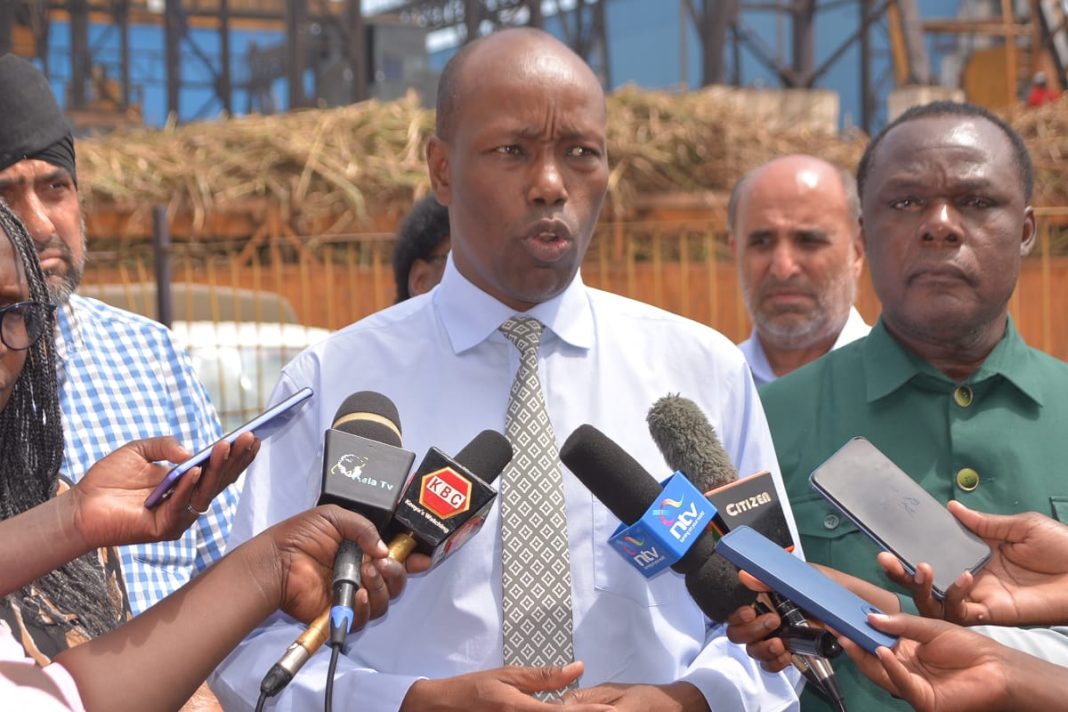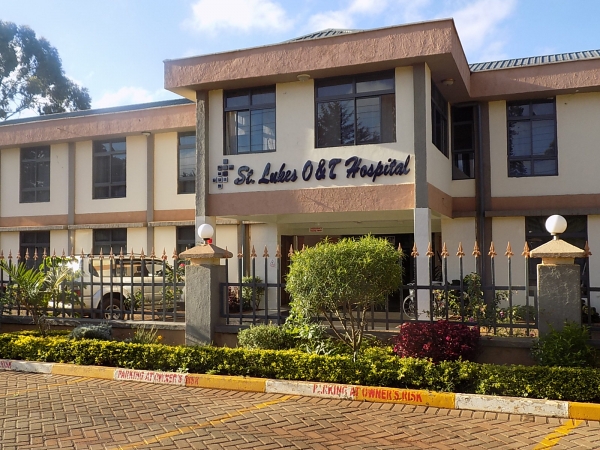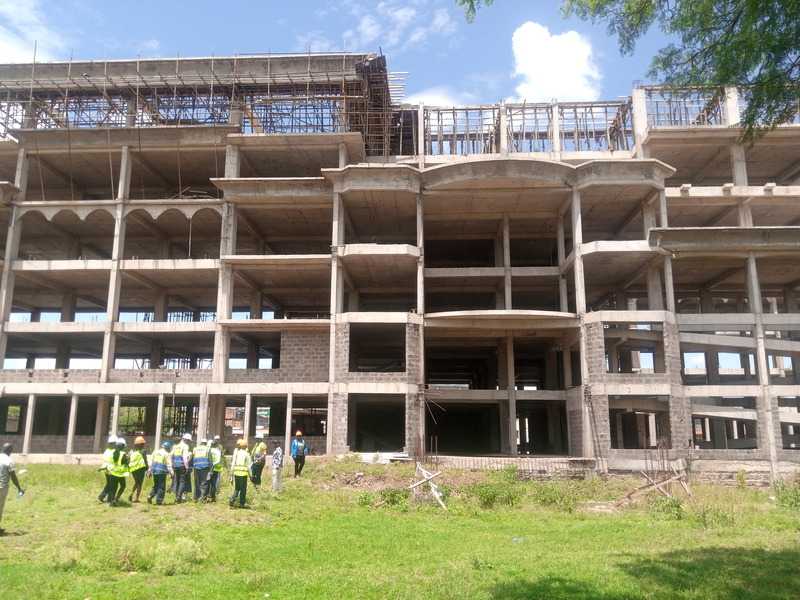The government has announced plans to allow the importation of raw sugar to plug a severe shortage that has crippled industrial production and left multi-billion shilling factories idle.
Investments, Trade and Industry Cabinet Secretary Lee Kinyanjui said Kenya is currently facing a deficit of nearly 400,000 metric tonnes of sugar, forcing industries to rely on imports for production.
Speaking during a tour of Kibos Sugar and Allied Industries in Kisumu on Thursday, Kinyanjui explained that the imports will be restricted to raw sugar meant for refining into industrial sugar, which is used in food, beverage, pharmaceutical, and distillery production.
“We don’t have enough raw sugar to process industrial sugar. As a result, we have to import because factories such as this one in Kibos, which cost more than Sh2 billion to set up, have not worked since 2016,” the CS said.
He noted that the importation is only a stopgap measure, as the government is rolling out programs with farmers and counties to scale up cane production and achieve self-sufficiency within two to three years.
Kinyanjui further stressed that sugar factories will be strictly monitored to ensure they engage farmers through grower schemes, providing a steady supply of cane. He assured Kenyans that all imports will be subjected to stringent quality checks and safety standards.
“Importation does not mean we suspend our regulations. There are mechanisms for quality control, and this will be followed to the letter. What we are trying to end is the culture of importing what we can produce locally,” he said.
The CS also underscored the need to protect local industries and conserve foreign exchange. “Every time we import, we are draining foreign exchange that could be retained by producing here. The balance is to protect our local industries, create jobs for young people, and still meet industrial demand,” Kinyanjui added.
Kibos Sugar Managing Director Bhire Chatthe welcomed the move, saying the company’s Sh2 billion refinery requires at least 165,000 metric tonnes of raw sugar every year to run optimally. He lamented that the East African Community Secretariat had previously allowed Kibos to import only 5,000 tonnes against its request for 165,000 tonnes, leaving the refinery idle.
Chatthe said activating the factory’s full capacity could save Kenya up to Sh20 billion in imports while creating jobs and boosting tax revenues.
“The benefit to Kenya is not just jobs and taxes, but also reducing our import bill,” he noted.
The government insists the new import window will strictly serve industrial sugar production and will not affect the production of raw sugar by local farmers.







I haven’t checked in here for some time because I thought it was getting boring, but the last several posts are great quality so I guess I’ll add you back to my daily bloglist. You deserve it my friend 🙂
I like what you guys are up too. Such clever work and reporting! Carry on the excellent works guys I’ve incorporated you guys to my blogroll. I think it will improve the value of my web site :).
You have noted very interesting details! ps nice internet site. “Sutton lost 13 games in a row without winning a ballgame.” by Ralph Kiner.
I have not checked in here for a while since I thought it was getting boring, but the last several posts are great quality so I guess I’ll add you back to my everyday bloglist. You deserve it my friend 🙂
Thank you for sharing superb informations. Your web-site is very cool. I am impressed by the details that you have on this site. It reveals how nicely you understand this subject. Bookmarked this web page, will come back for extra articles. You, my friend, ROCK! I found simply the info I already searched all over the place and just couldn’t come across. What a perfect site.
Outstanding post however , I was wondering if you could write a litte more on this subject? I’d be very grateful if you could elaborate a little bit further. Appreciate it!
e8nh1a
I view something really interesting about your blog so I saved to favorites.
Hey very cool site!! Man .. Excellent .. Amazing .. I’ll bookmark your website and take the feeds also…I am happy to find a lot of useful information here in the post, we need work out more strategies in this regard, thanks for sharing. . . . . .
Thank you for sharing with us, I believe this website really stands out : D.
mgq3sa
ipjyv3
lokrs9
7qjv1z